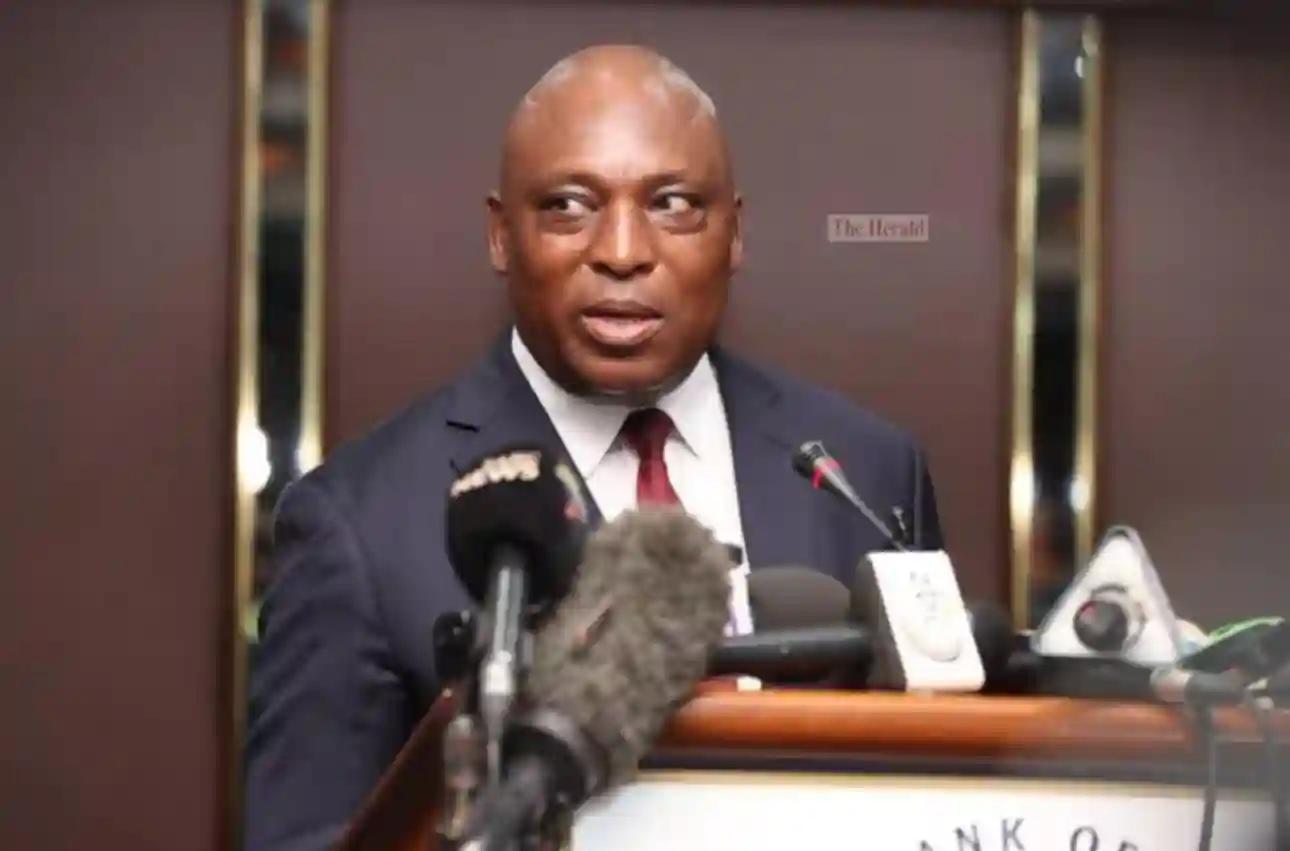Africa-Press – Zimbabwe. The Consumer Protection Commission (CPC), in collaboration with the Zimbabwe Republic Police (ZRP) and the Financial Intelligence Unit (FIU), has initiated a crackdown on businesses that are rejecting the Zim dollar following the recent launch of a new currency by the Reserve Bank of Zimbabwe (RBZ).
Last Friday, RBZ Governor John Mushayavanhu introduced a novel currency called Zimbabwe Gold (ZiG). However, the rollout of the new notes and coins is scheduled for April 30.
Unfortunately, this situation has left citizens stranded. While some shops refuse to accept the Zim dollar, others that do accept it are applying exorbitant conversion rates.
In an interview with NewsDay, CPC Research and Public Affairs Manager Kudakwashe Mudereri confirmed that they have received complaints from customers about unscrupulous businesses violating government policy by refusing to accept ZWL$ notes He said:
It is important to note that the ZWL$ remains legal tender and the country’s citizens have been given 21 days to change their ZWL$ notes and coins to ZiG.
The penalty is going to be heavy on those found violating Exchange Control Regulations by refusing to accept ZWL$ notes.
Citizens faced difficulties purchasing prepaid electricity tokens from the power utility ZESA, as well as obtaining airtime from local mobile network operators (MNOs).
On Monday, the Zimbabwe National Roads Administration (ZINARA) allegedly refused to accept the local currency at tollgates, citing that the government had banned the use of the local currency.
The situation has been exacerbated by banks, which have delayed the conversion of ZWL$ balances to ZiG.
Effie Ncube, spokesperson for the National Consumer Rights Association, characterized the introduction of ZiG as chaotic. Said Ncube:
Order is critical for market confidence which will decide the value of the new currency. Having introduced different currencies on five or so occasions in the past two decades, this time around the RBZ needed to be more efficient and upfront with all the information.
That we have unanswered questions days after the introduction of the new currency should have been avoided. The process should be decisive and emphatic in all stages.
People want to know what is different now and what is there to prevent the same outcomes as was the case with previous currencies since 2000.
A banker who spoke to NewsDay on Monday night said what RBZ had done was unprecedented and worked against the adoption of a local currency. Said the banker:
The Zimdollar has been discarded and there is a gap in the market. You can’t go for 72 hours without a local currency and expect it to wave its magic wand.
After a week, people will say the local currency is no longer necessary. If the economy has operated for three days without the financial sector, the message is clear: The economy has informalised.
Economist Gift Mugano said that the glitches that were experienced as a result of the introduction of the new currency spell doom for ZiG. He wrote on X:
Traditionally, during the time of @DrJPMangudya and his predecessor Dr Gideon Gono, it was a tradition that whenever a new currency was introduced, banks were favoured with the notes and the system changeover was flawless.
Most importantly, over the years, we witnessed massive information dissemination e.g., Gedye promotion. We still remember the Gedye promotion up to the present day even if the bond note failed.
The new Governor has started his tenure on a bad note as the introduction of the new currency is characterized by:
1. System glitches which have seen the public failing to transact as both payment platforms ceased to work and the bond notes are being rejected – our lives have been put at a halt in at hospitals, pharmacies, commuters and shops – it’s a disaster and nightmare;
2. The currency was launched on 5 April but we are now told to wait up to 30 April 2024. Why do we have to wait that long? Why did the Governor rush to launch the new currency if he wasn’t ready?
3. The use of the USD has continued uninterrupted thereby reaffirming its credibility at the expense of the ZiG.
For More News And Analysis About Zimbabwe Follow Africa-Press






